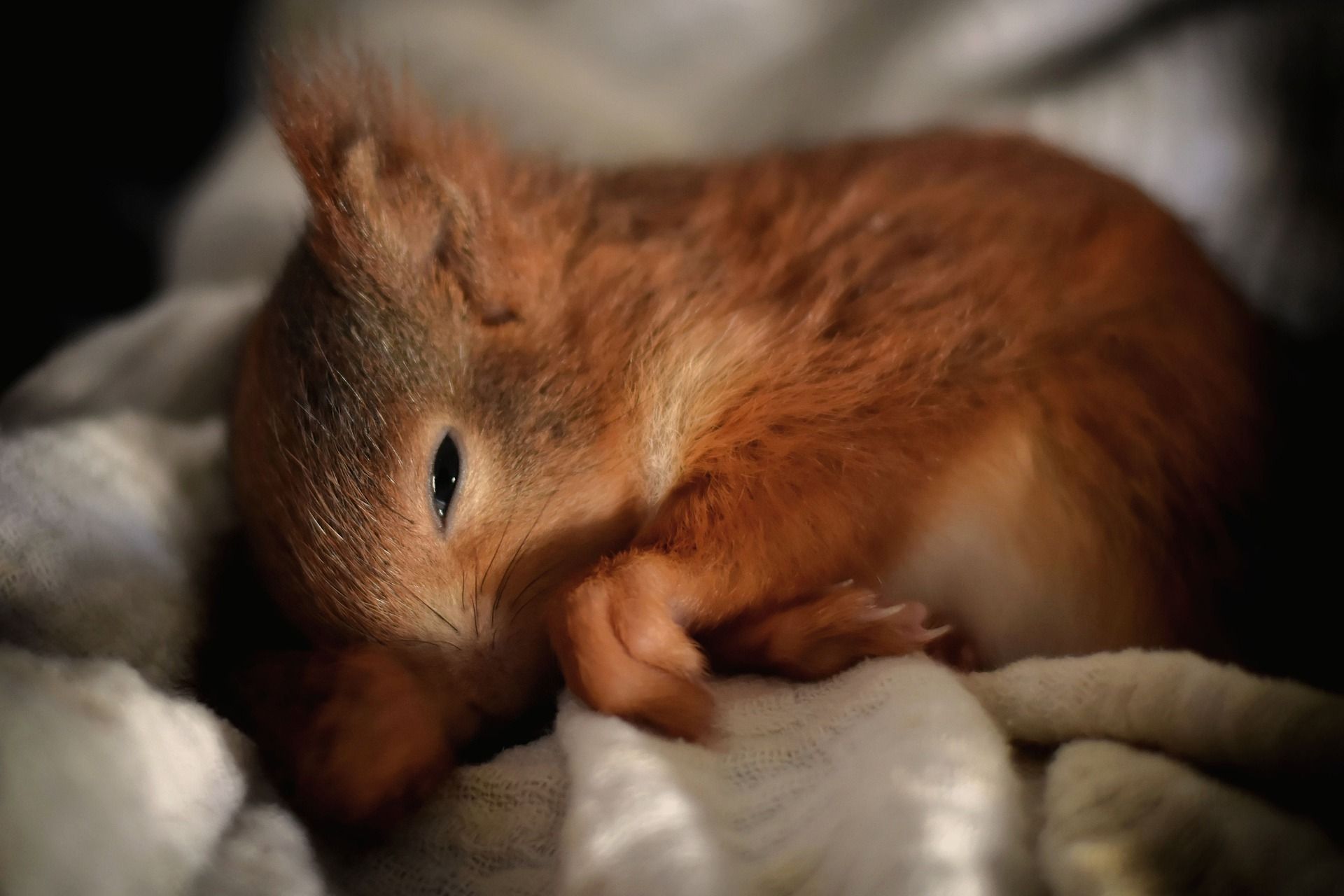When my son was much younger, he was a Cub Scout. Due to a bicycle accident, he missed the night his troop handed out the kits for making bird houses and other shelters for small wildlife. By the next meeting, the only shelter kit left was one for squirrels. The other boys chided him for getting “stuck” with the squirrel shelter no one else wanted.

My husband and our son took the kit home and worked together on assembling it. When finished, they scoured the yard for a place to put it. Once in place, we went to the store and purchased “squirrel” food (the closest we could find was bird seeds), so my son could attract the squirrels to their new home.
This incident was a good teaching moment because our son asked us that night why the other boys would tease him about being last and being left with the squirrel enclosure. Squirrels, of course, are considered more pests than they are vital parts of the wildlife environment. People generally try to eradicate them from their yards rather than attract them.
So why are they so scorned?
- They are not particularly cute.
- There seems to be numerous amounts of them.
- They steal seeds humans put out to attract birds.
- They have been known to chew through walls and inhabit attics.
- As part of their inborn survival instinct to store food away for the winter, they bury nuts and seeds, then forget about them. We are forever digging up little trees that result from this activity.
Yet squirrels, like every other creature that occupies our earth, have their place. If we dig a little deeper, we see the greater picture:
- They may not be especially cute, but they have many interesting and entertaining behaviors. Like rubbing an acorn across their faces. They do this to place their scent on it thereby increasing their chances of finding it later. They flip their tails about, chirp at you, and seem to glide from place to place with ease and grace.
- Yes, there seems to be an overpopulated amount of them, but there are some types of squirrels whose numbers are waning and in danger of extinction.
- As part of the natural environment, they view the seeds set out for birds as the “first come, first serve” of nature’s bounty. They have no idea that a human has decided for them that they should not be able to partake of those food sources.
- Out of necessity, they chew. Their front teeth are always growing. They must chew to avoid this growth causing injury to their lower jaw and skull.
- And that burying ritual they have – all part of their task to reshape plant composition in the forest. As nature’s gardeners, they are the planters that keep the ecosystem intact.
So why should we care? As HSPs, why be concerned with the squirrel? The answer is that we are so very much like them.
- We are different, and sometimes that difference marks us as not “cute.”
- Our population is a larger part of the human landscape than is comfortable for non-HSPs – 15%-20%. Only recently have HSPs begun to admit to their role, keeping the trait alive and openly flourishing.
- We are a vital part of humanity in so many ways. We need to assume what is ours by nature and not let what someone else’s idea of how we should be hold us back.
- Out of necessity, we act as who we were born to be. We need to practice those parts of us that make us different so we can contribute in our own way. Even if our behavior disturbs those who don’t understand.
- Our contribution to the forest of life is vital – it has its critical mission. We bring empathy and understanding to the workplace. We practice conscientiousness and truth in all that we do. And with our depth of processing and attention to detail, we are good at strategic planning. All along with a healthy creativity and an awareness of subtleties in our surroundings.
A squirrel has no desire to be anything but a squirrel because he or she knows their strengths as well as their weaknesses and accepts them all. We should do the same.
Copyright 2021, Monica Nelson

